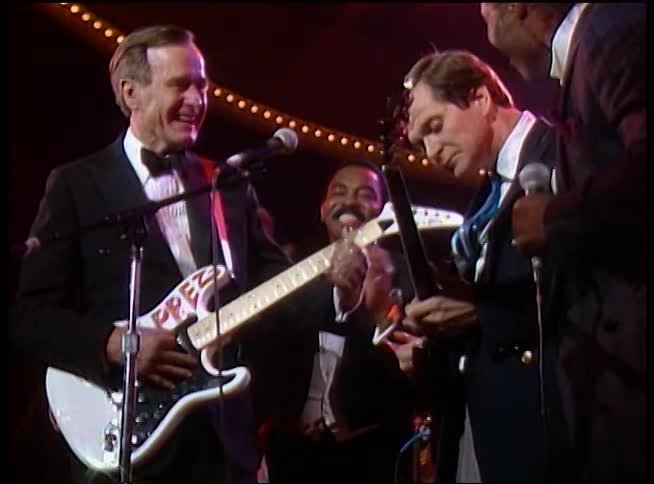The Atwater Papers

Jane Mayer has a good piece about Lee Atwater’s unfinished memoir and the straight line between Reaganism and Trumpism:
Atwater died before he could finish his memoir. What remains of it are hunks of yellowing typewritten pages, held together by rusting staples and paper clips. But the seven surviving chapters suggest that, far from dying along with him, the nihilism, cynicism, and scurrilous tactics that Atwater brought into national politics live on. In many ways, his memoir suggests that Atwater’s tactics were a bridge between the old Republican Party of the Nixon era, when dirty tricks were considered a scandal, and the new Republican Party of Donald Trump, in which lies, racial fearmongering, and winning at any cost have become normalized. Chapter 5 of Atwater’s memoir in particular serves as a Trumpian precursor. In it, Atwater, who worked in the Office of Political Affairs in the Reagan White House, and managed George H. W. Bush’s 1988 Presidential campaign before becoming the Republican Party’s chairman at the age of thirty-seven, admits outright that he only cared about winning, not governing. “I’ve always thought running for office is a bunch of bullshit. Being in a office is even more bullshit. It really is bullshit,” he wrote. “I’m proud of the fact that I understand how much BS it is.”
In the nineteen-eighties, Atwater became infamous for his effective use of smears. Probably his best-known one was tying Massachusetts Governor Michael Dukakis, Bush’s Democratic Presidential opponent in 1988, to Willie Horton, a Black convict who went on a crime spree after getting paroled in the state. A menacing ad featuring Horton was a blatant attempt to stir fear among white voters that Dukakis would be soft on crime. At the very end of his life, Atwater publicly apologized to Dukakis for it. But Atwater’s draft memoir makes clear that he had already mastered the dark political arts as a teen-ager. In fact, it seems that practically everything Atwater learned about politics he learned in high school. It’s easy to see the future of the Republican Party in the anti-intellectual dirty tricks of his school days.
And of course Nixon, while more moderate ideologically, also pioneered a lot of this. Trump has never represented some fundamental shift within the Republican Party; he’s the most orthodox Reaganite of all.


